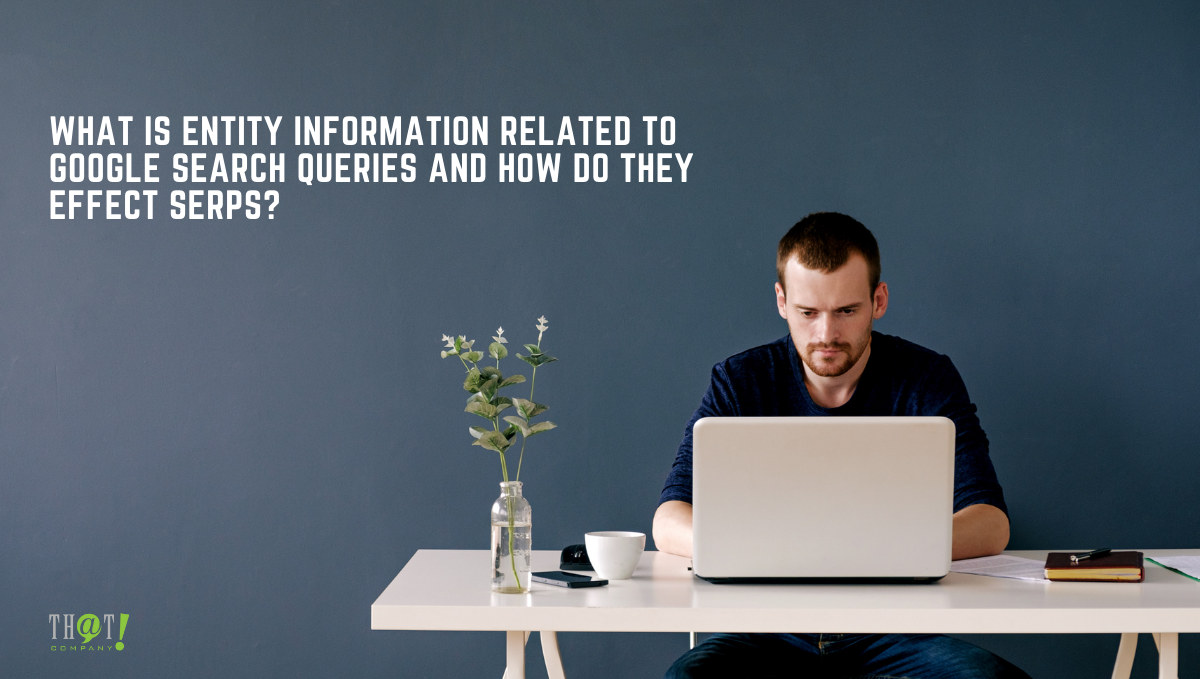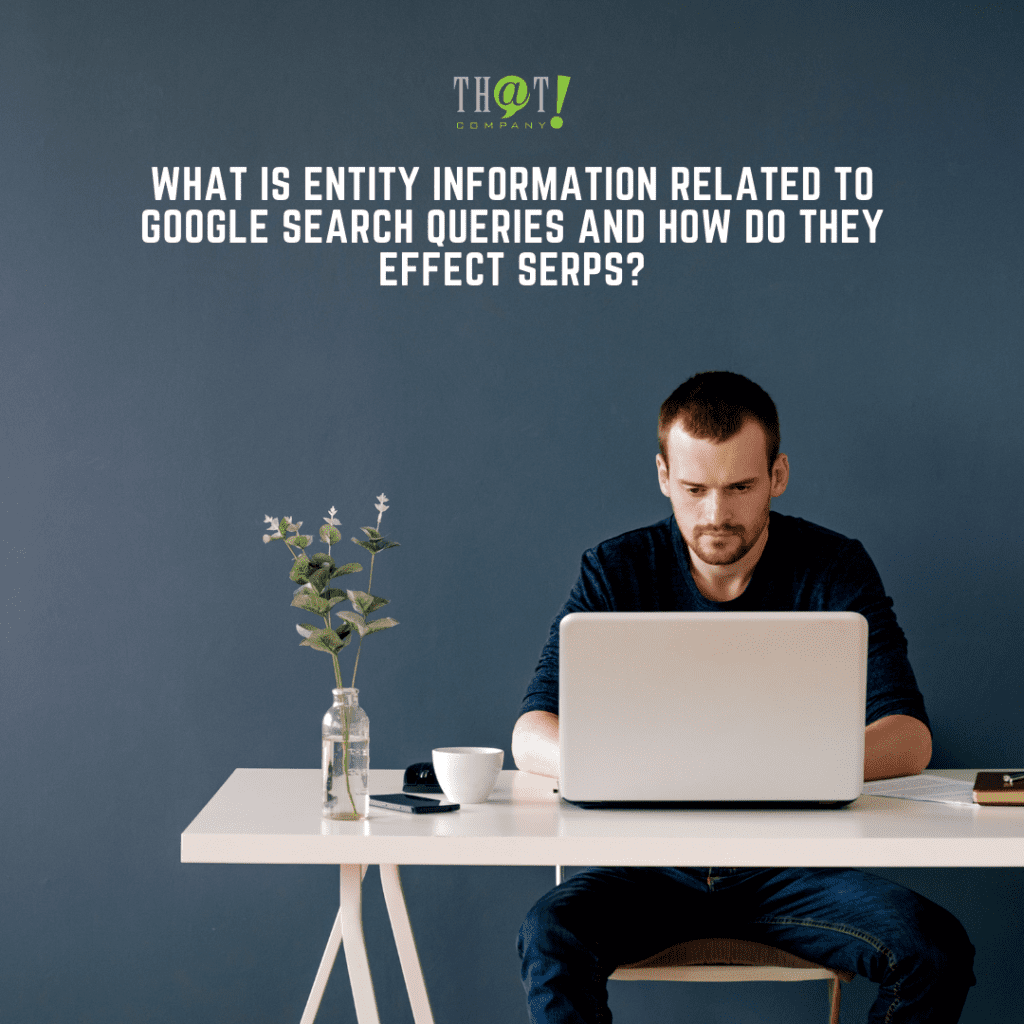
Answer: An Entity is a thing with distinct and independent existence, the popularity of specific entities can heavily affect search engine result pages and as such have to be specially categorized and understood to ensure they are appropriate to include on a specific SERP.
If you follow Google SEO trends, you may have heard about Entity Information. In this post, we look into how Google might use entities to interpret better what people are searching for. In other words, when people type queries into the search engine, how does Google know what they mean?
For example, you’re searching for the difference between white label vs private label. How does Google know there is a difference between the two? Google has a solution to this question, and that’s through entities because they allow you to categorize words in a certain way so the search engine can understand the difference.
Having a local SEO reseller in your team is great because if he/she is familiar with the concept of entities, this will help you improve your page rank on search engine results pages.
SEO expert Bill Slawski sheds light on information from a new Google patent. It’s called “Methods, systems, and media for interpreting queries.” This patent was just recently filed, dated December 28, 2021. It covers entity information and how to interpret queries and solve them using said information.
Google search engineer Paul Haahr shared some valuable insight at SMX 2016 on “How Google Works.” Haahr explained that Google attempts to determine when entities can be found in queries submitted by people. How Google knows which entity searchers might be referring to in a query is what the recent patent explores.
Get Better at Interpreting Queries
 What happens when you type a query or question into a search engine? Usually, you can get results that answer that query. However, search engines don’t always get it right and misunderstand the intent of your search as to who and what you’re looking to research.
What happens when you type a query or question into a search engine? Usually, you can get results that answer that query. However, search engines don’t always get it right and misunderstand the intent of your search as to who and what you’re looking to research.
Don’t you find it frustrating when you can’t find what you’re looking for? Say you search for something on Google, and it comes back with entirely different results than you were expecting. Wouldn’t that annoy you? For instance, what if you typed in “cat grass” and got mixed results. You might see blog posts for types of lawn grass that are poisonous to cats. There may also be pictures of cats on the grass. You might even see advertisements for certain regulated substances. Why would you see these results which are not relevant to your search? For a long time, SEO was based on what words a person included in a search query that is also included in a blog post title, for instance. So, let’s say the title of a blog post about a famous cat running around his lawn was “Cat Grass Joy.” Because the keyword is in the title and the cat is famous, you would have a greater chance of seeing it on the search results pages. It is not relevant to your query, though; Google noticed a lot of this going on, Hence the new patent.
Chasing Relevance
Come to think of it, there may be something even worse than getting irrelevant results, that’s getting results that seem relevant but aren’t. Let’s paint a picture. You type in a query, and a recommended article comes up. It’s long, but you need the information. You scroll through the article, swiping endlessly only to come up empty-handed. Having your time wasted is incredibly annoying. No one likes being led down a rabbit hole that ends up being a wild goose chase. Google understands that its primary job is to provide you with the answers you are looking for accurately and quickly; they also know that if they fail at this job and a different search engine performs better than them, then they can lose you as a customer.
This experience of not getting what you’re looking for, nevertheless, is still quite common. It is such a problem that certain services have been invented to help combat it. One of these services is a Chrome extension called Liner. The liner gives users a toggle button to see which results are relevant to their search. This is made possible through a kind of social system. Liner lets people highlight helpful information. This makes it easier to find later on. Liner also lets users recommend specific articles. (That is, instead of the article recommended by the search engine.) this way, other users can flip the toggle and find the user recommended article.
This may sound useful, but it isn’t foolproof. For instance, what if other Liner users haven’t searched your topic? What if there are no recommended articles? This means you may still have to sift through all the unhelpful information. And you will have the responsibility of being the first to let other people know which article is helpful or which ones are not. The point of this example is not to criticize the gaps in Liner and other similar services; they do help people find relevant search results. We want to illustrate that these tools only treat the symptom. We would like to see a solution that addresses the cause. Search engines must understand queries better, end of story. By doing so, this is how they will give more meaningful results in the first place. That way, users won’t have to rely on outside influences like Liner or on constantly changing their search to refine what they’re looking for.
[bctt tweet=”Google attempts to determine when entities can be found in queries submitted by people. How Google knows which entity searchers might be referring to in a query is what the recent patent explores.” username=”ThatCompanycom”]Google’s Goal
 The new patent states that a search engine might interpret search results by:
The new patent states that a search engine might interpret search results by:
- Determining what search terms apply from what query a user placed.
- Deciding if a search term matches an entity name.
- Checking if the entity name is from metadata related to the search domain.
- Make sure that any entity names match at least a portion of the number of search terms.
- Picking an entity type and an entity score related to each of the numbers of matching entity names.
- Checking contextual information in a received search query, then eliminating some of the matching entity names based on the entity score to derive a better selection of entity names.
- Conducting a search in the search domain with the remaining part of the number of entity names.
- Drilling down to a list of entities where each entity named matches the related entity type.
This way of interpreting queries can also involve:
- Getting avoice query in a search domain.
- Selecting many voice recognition terms based on the voice query that was received.
- Deciding relevance for each set of voice recognition terms.
- If at least a portion of a voice recognition term matches an entity name.
- Deriving an entity name from metadata related to the search domain and connecting an entity score to the entity name.
- Deciding on a feasibility score for each number of voice recognition terms based on the entity score.
- Ranking the quality of voice recognition terms considering the determined feasibility score.
- Choosing one of the numbers of ranked voice recognition terms to carry out the search domain’s voice query.
If you want to learn more about the patent in detail, you can find it here.
Conclusion
 If an entity is in an article, the search engine will attempt to determine what that specific entity might be. The thing is, there also may be more than one entity with the same name, and both may be well-known. This means that they would both tend to come up in searches. An example would be Michael Jordan. Some searchers may be looking for Michael Jordan, the former basketball player. Other searchers might be looking for Michael B. Jordan, the actor. This can be a problem for increasing relevance by reducing unrelated searches.
If an entity is in an article, the search engine will attempt to determine what that specific entity might be. The thing is, there also may be more than one entity with the same name, and both may be well-known. This means that they would both tend to come up in searches. An example would be Michael Jordan. Some searchers may be looking for Michael Jordan, the former basketball player. Other searchers might be looking for Michael B. Jordan, the actor. This can be a problem for increasing relevance by reducing unrelated searches.
To account for this, Google now looks to entity information. In a way, the search engine calculates a kind of confidence score. This is more or less a measure of search relevance. It aids in determining which entity a person is looking for when they type in a query. The new Google patent tells us how Google identifies entities. This way, it can know what people want to find, then it can give results that better match their queries.
The goal is for the Google search engine to interpret a query accurately. When it does, it shows results that are not merely related. Remember, related search results can contain several irrelevant results; this depends on the entity information gathered and how Google interprets it. Correct entity information interpretation also leads to results that directly apply to the query; this means that performing a search becomes less of a gamble. Searching also becomes more convenient, satisfying, and time-saving.
Written by, Mike Knorr






























